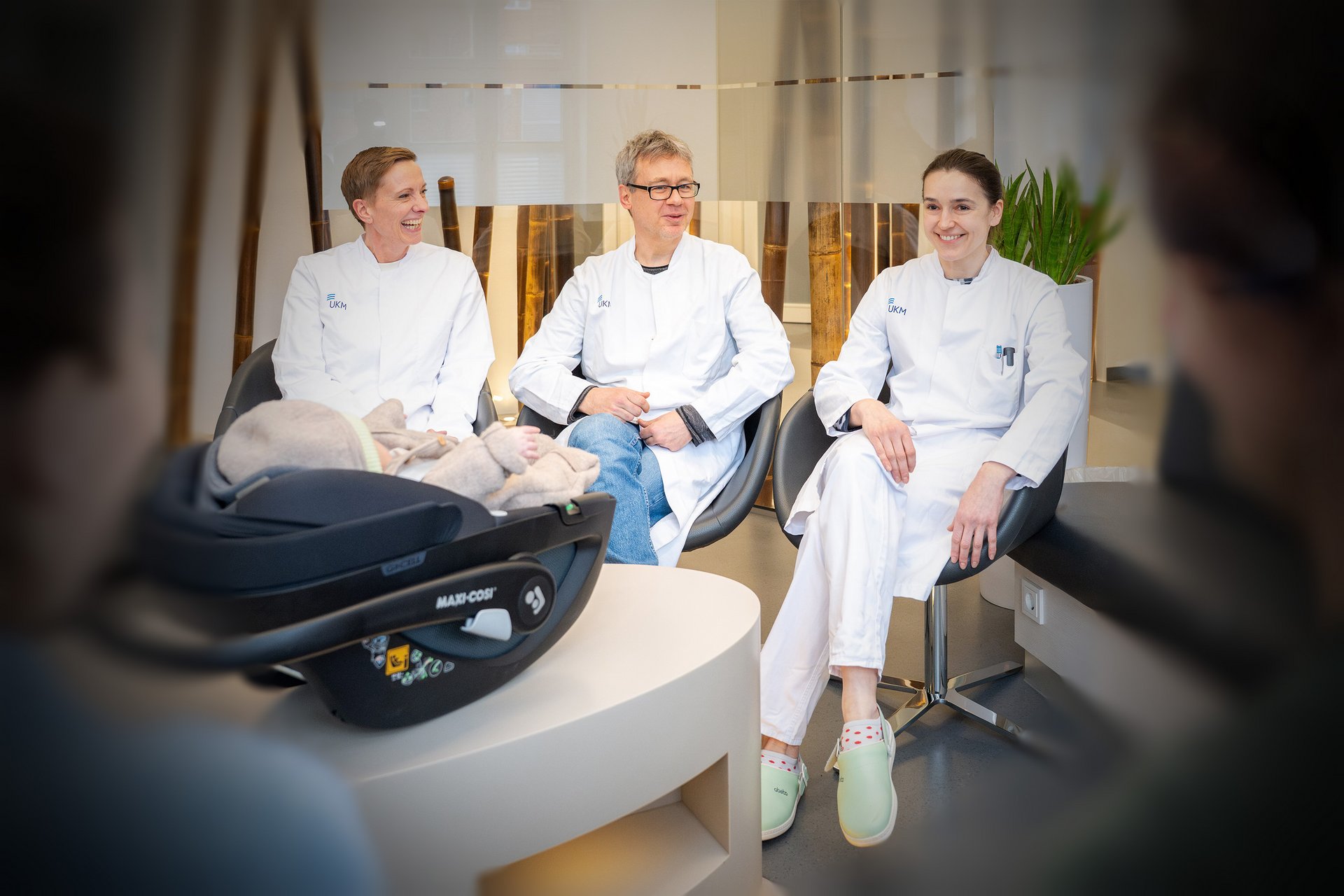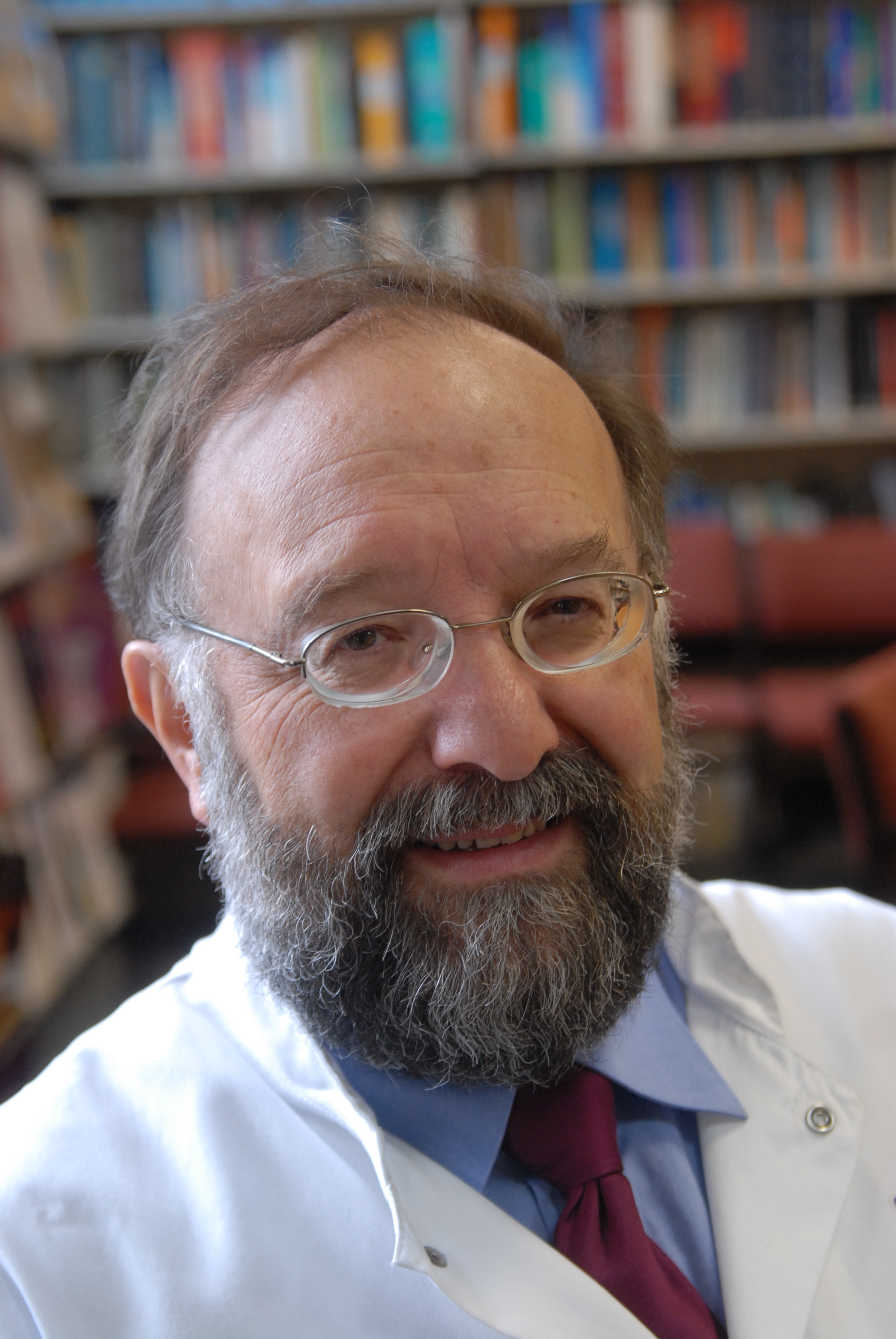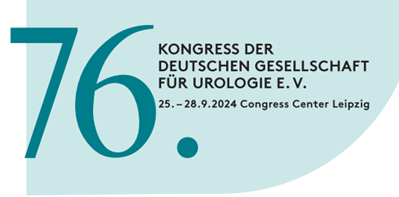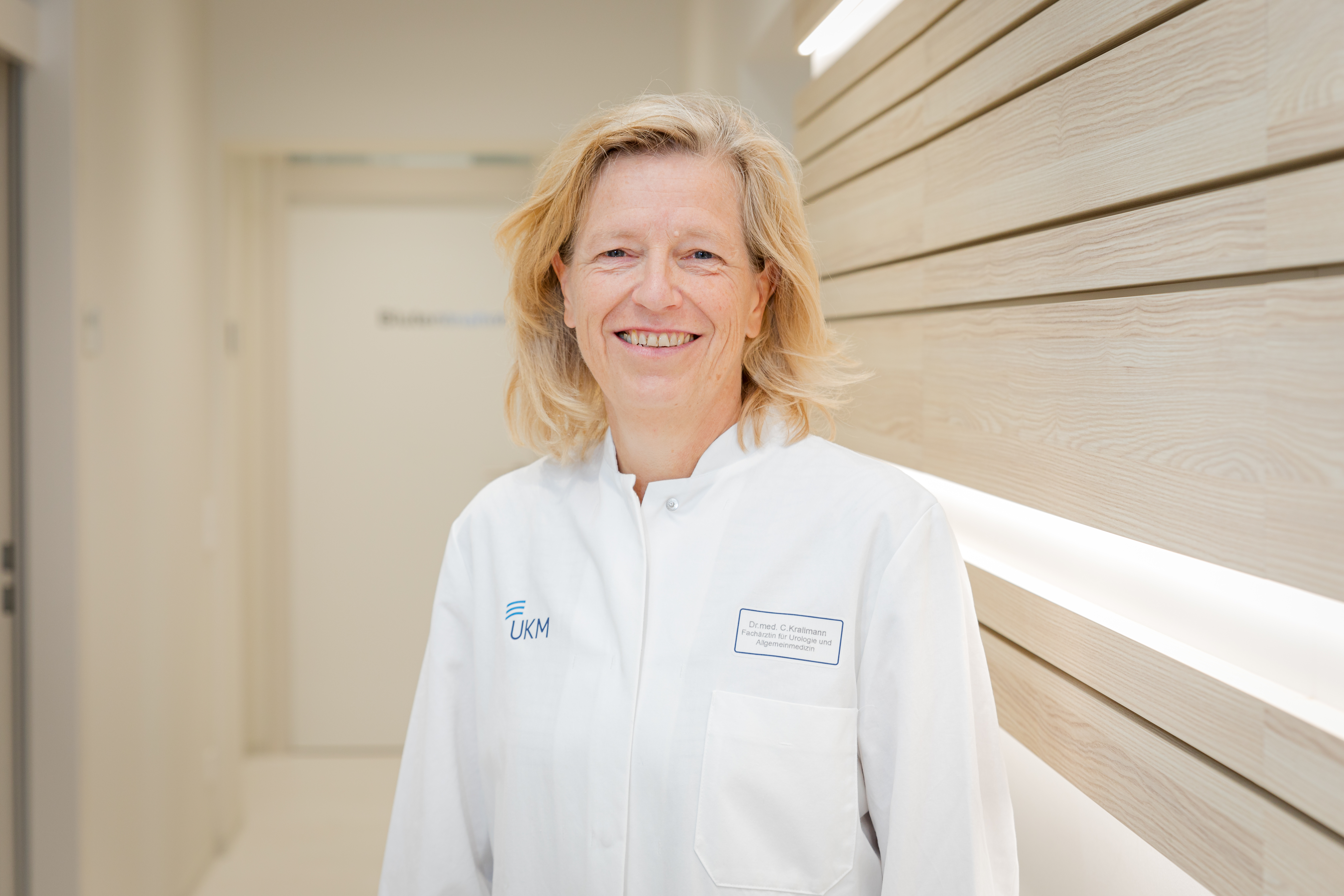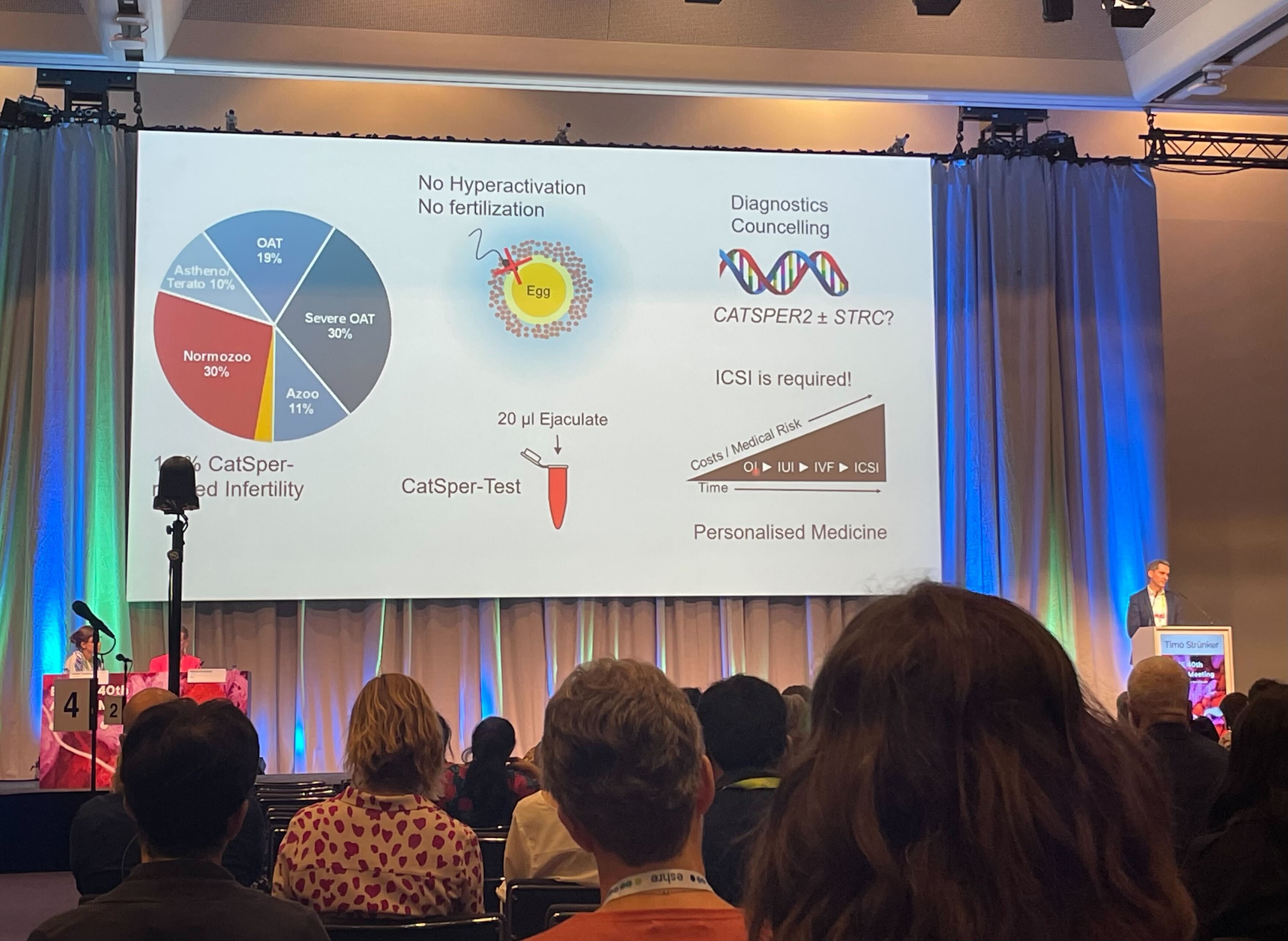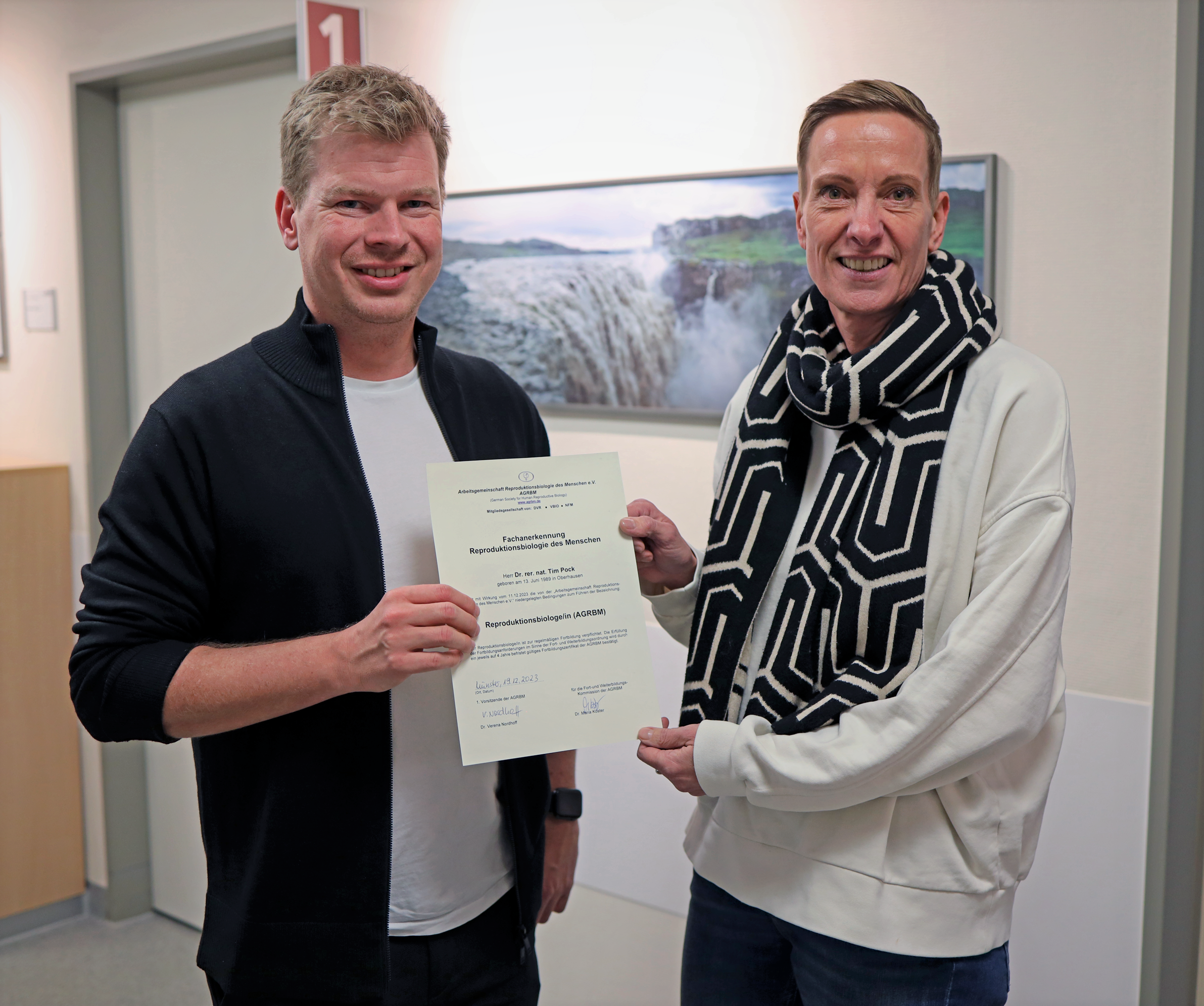Organisational Structure
The CeRA combines Research and Clinic
The Center of Reproductive Medicine and Andrology (CeRA) is a Center of Excellence for research and clinical service in andrology and reproduction. Its research is dedicated to solve important questions in basic reproductive functions and clinical applications, providing benefits for patients at the earliest opportunity. Scientists and physicians combine their multi-disciplinary expertise in reproductive medicine/biology and molecular reproductive physiology. Additional expertise from physics, chemistry, gynecology, human genetics and stem cell research are added to elucidate the basic principles of fertilization. Moreover, translational and clinical studies are performed to develop novel treatments for human fertility disorders, the control and maintenance of reproductive functions, and the generation of cells and gametes for therapeutic procedures. CeRA consists of the Institute of Reproductive and Regenerative Biology and the Department of Andrology.
Behind the Scenes!
It's all about reproduction at the CeRA for both scientists and clinicians. Equipped with an action camera CeRA collegues are taking you with them in laboratories and treatment rooms giving very genuine insights into their work.
CeRA News
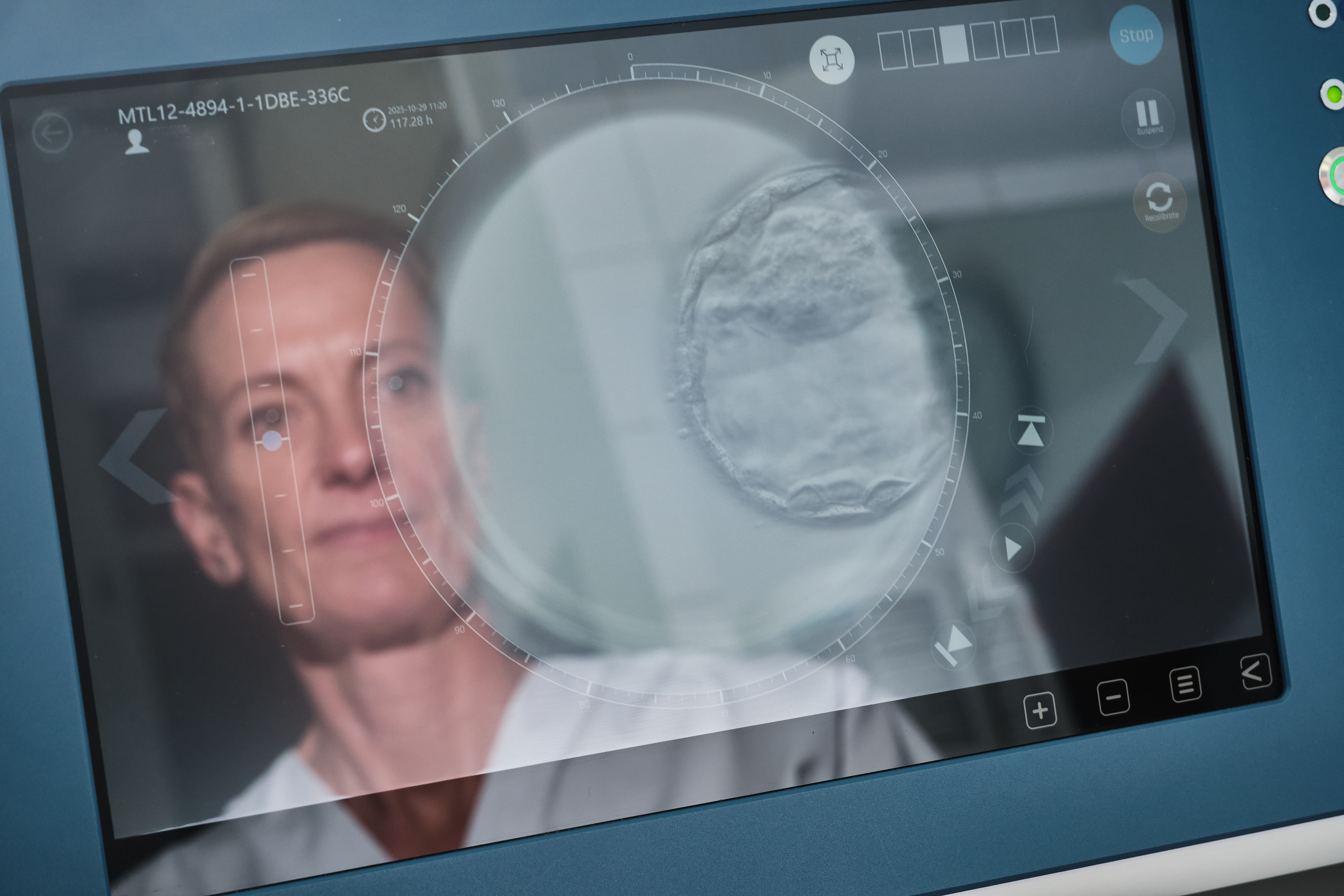
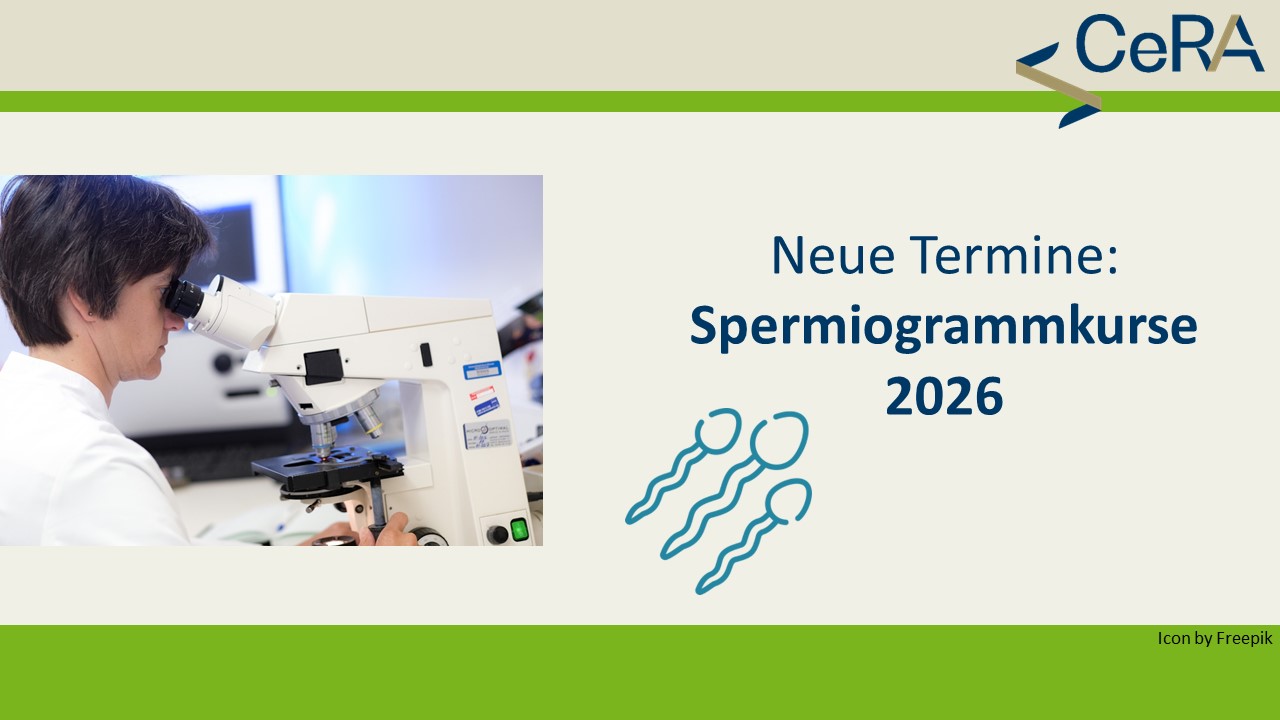
Termine: Spermiogrammkurse 2026
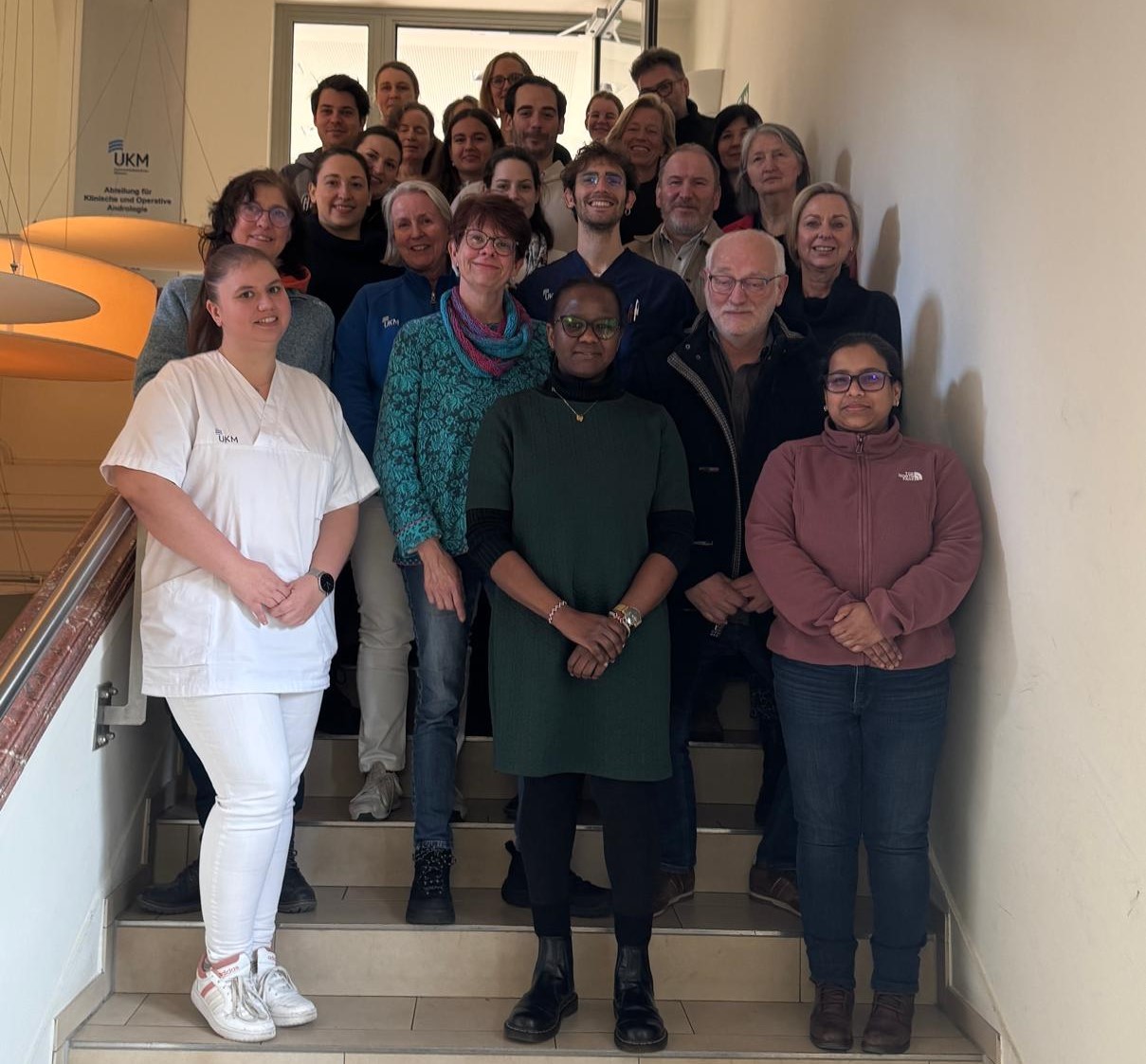
We are CeRA/Wir sind das CeRA

Publikation des Monats







